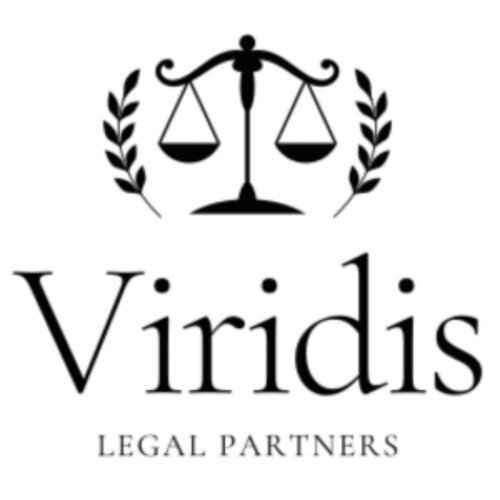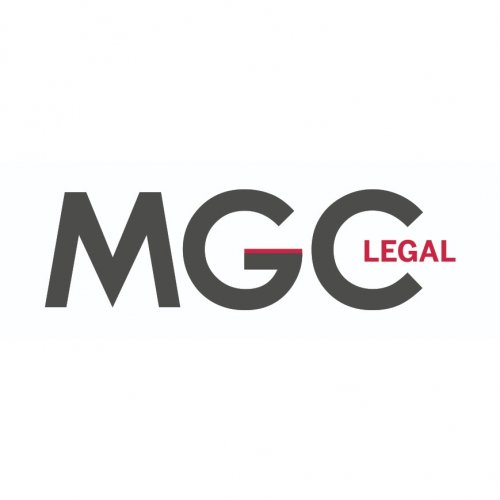Best Art & Cultural Property Law Lawyers in Istanbul
Share your needs with us, get contacted by law firms.
Free. Takes 2 min.
List of the best lawyers in Istanbul, Turkey
About Art & Cultural Property Law in Istanbul, Turkey
Art & Cultural Property Law in Istanbul is a specialized field that deals with the legal issues surrounding the creation, protection, and ownership of artworks and cultural property. Given Istanbul's rich historical and cultural heritage, this area of law is particularly significant here. Turkish law aims to both protect the country's cultural heritage and regulate the art market within its jurisdiction. This includes laws related to antiquities, art transactions, provenance, and cultural property protection measures. Istanbul's unique position as a hub of both historical treasures and contemporary art scenes makes understanding and navigating these laws essential for anyone involved in the art field.
Why You May Need a Lawyer
There are several scenarios in which you may need legal assistance related to Art & Cultural Property Law in Istanbul. These include:
- Buying or selling art and needing to ensure compliance with local laws.
- Disputes over the provenance or ownership of art pieces or cultural artifacts.
- Importing or exporting art, which requires navigating customs and international laws.
- Dealing with allegations of art theft or dealing in stolen goods.
- Questions regarding the legality of artworks in terms of copyright or trademark issues.
- Engagement in art auctions, which may have specific legal frameworks.
Local Laws Overview
The legal landscape regarding art and cultural property in Istanbul is governed by several key regulations:
- The Law on the Conservation of Cultural and Natural Property provides comprehensive guidelines for the protection of Turkey's cultural heritage.
- The Turkish Penal Code includes specific articles dealing with the illegal excavation, sale, or smuggling of antiquities.
- International agreements, such as the UNESCO conventions, also play a role in shaping the legal framework in Turkey.
- Complex regulations exist regarding art exports, often requiring permissions from relevant authorities.
- Intellectual Property Law in Turkey covers issues related to the rights of creators over their artworks.
Frequently Asked Questions
What should I do if I want to buy an artwork from an auction in Istanbul?
Ensure the auction house is reputable and request provenance documentation. Consulting with a lawyer can help you understand any legal implications.
Can I export art or cultural artifacts from Turkey?
Exporting cultural artifacts often requires permission from relevant Turkish authorities to ensure compliance with laws protecting cultural heritage.
What is provenance, and why is it important?
Provenance refers to the history of ownership of an artwork. It is crucial in verifying the legality and authenticity of a piece.
What actions are considered illegal concerning cultural property in Turkey?
Illegal excavation, unregistered trading, and export of cultural artifacts without permission can result in severe penalties.
How does Turkey handle art theft and restitution requests?
Turkey has processes in place for the restitution of stolen cultural property, often involving international cooperation for recovery efforts.
Are there specific licenses needed for art dealers in Turkey?
Art dealers must comply with specific regulations and often need licenses, depending on the nature of their transactions.
What role do international laws play in Turkish Art & Cultural Property Law?
International conventions, like the 1970 UNESCO Convention, influence local laws, especially concerning protection and restitution of cultural property.
Can photography of cultural heritage sites be restricted in Turkey?
Yes, there are restrictions on photographing certain archaeological sites or private collections, often to protect these assets.
What legal recourse do I have if I discover forged artwork?
If you discover that a piece is forged, seek legal advice to explore options for restitution or damages. It may involve criminal or civil action.
How are disputes over art ownership typically resolved?
Disputes can be resolved through negotiations, legal action in civil courts, or arbitration, often involving expertise from art law professionals.
Additional Resources
For additional information and assistance, consider reaching out to the following:
- Ministry of Culture and Tourism: Governs regulations and permits related to cultural heritage.
- Istanbul's local bar association: Can assist in finding a specialized Art & Cultural Property Lawyer.
- UNESCO National Commission of Turkey: Provides insights into international conventions Turkey is party to.
- ICOM (International Council of Museums) Turkey: Offers resources on issues related to museum practices and cultural heritage.
Next Steps
If you believe you need legal assistance regarding Art & Cultural Property Law in Istanbul, consider the following steps:
- Conduct preliminary research on your specific issue to understand the basic legal frameworks that apply.
- Contact a lawyer specializing in Art & Cultural Property Law to discuss the particularities of your situation.
- Gather all relevant documentation related to your case such as ownership records, correspondence, and any legal notices.
- Follow your lawyer’s guidance closely and prepare for any legal or administrative procedures advised.
Lawzana helps you find the best lawyers and law firms in Istanbul through a curated and pre-screened list of qualified legal professionals. Our platform offers rankings and detailed profiles of attorneys and law firms, allowing you to compare based on practice areas, including Art & Cultural Property Law, experience, and client feedback.
Each profile includes a description of the firm's areas of practice, client reviews, team members and partners, year of establishment, spoken languages, office locations, contact information, social media presence, and any published articles or resources. Most firms on our platform speak English and are experienced in both local and international legal matters.
Get a quote from top-rated law firms in Istanbul, Turkey — quickly, securely, and without unnecessary hassle.
Disclaimer:
The information provided on this page is for general informational purposes only and does not constitute legal advice. While we strive to ensure the accuracy and relevance of the content, legal information may change over time, and interpretations of the law can vary. You should always consult with a qualified legal professional for advice specific to your situation.
We disclaim all liability for actions taken or not taken based on the content of this page. If you believe any information is incorrect or outdated, please contact us, and we will review and update it where appropriate.

















